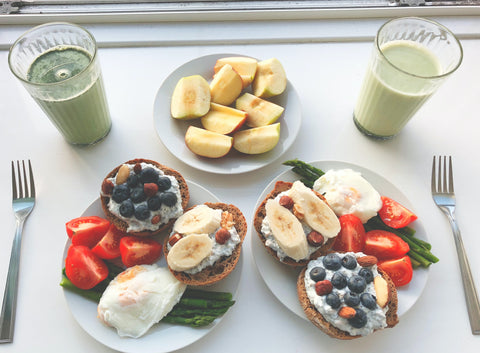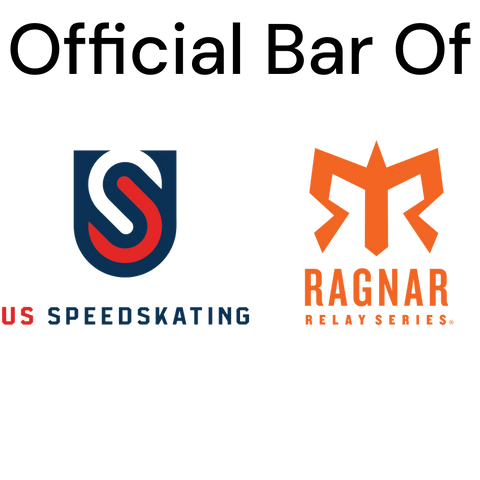Healthy eating and healthy lifestyles can mean different things to everyone. No matter what dietary restrictions you have, there are many different types of healthy diets. One of the healthiest diets to follow, that can accommodate almost everyone is the plant-based diet.
Research shows that following different variations of plant-based diets can be beneficial for your overall health. Specifically, following a plant-based diet has been shown to lower the risk of developing heart disease.
There are many benefits to including more whole plant foods into your diet including increasing dietary fiber, vitamin and mineral intake while reducing the intake of sodium and saturated fat.
There are many different types of plant-based diets; one thing all plant-based diets have in common is that they emphasize certain foods associated with heart benefits such as whole-grains, fruits, vegetables, legumes, nuts and healthy oils like olive oil and avocado oil.
Today we are going to discuss the vegan, vegetarian, and pescatarian diet.

1) Vegan
The plant-based vegan diet eliminates all types of animal products including all meat and dairy which is how our bodies get a source of vitamin B12.
Vitamin B12 is responsible for red blood cell production, nerve function, and plays a key role in metabolism, therefore if deficient it can have many adverse health consequences.
It is important to make that if you choose to follow this diet to include an adequate source of vitamin B12. Some great ways to include this in your diet without taking a vitamin supplement include drinking fortified plant-milks like soy milk, flax milk or rice milk, adding nutritional yeast to salads or sandwiches, or purchasing fortified protein bars.

2) Vegetarian
A vegetarian diet is less restrictive than a full vegan diet being that you can still include some dairy products and eggs in your meals. There are many different branches to the vegetarian diet that will determine what foods you can or cannot eat.
An ovo vegetarian includes eggs but similar to a full vegan diet eliminates all dairy products including milk, cheese, yogurt, and butter. The opposite end of the ovo vegetarian is the lacto vegetarian which eliminates eggs and all egg containing products but continues to include dairy products.

3) Pescatarian
A pescatarian diet eliminates all types of meat except for fish, shellfish, and seafood but will still consume egg and dairy products. This is a heart-healthy option as fish is a great source of protein with high biological availability and is also rich in omega-3 fatty acids.
There is also the term “flexitarian.” This diet does not eliminate any animal products from their diet, but may experiment in one or more of the following dietary patterns listed above.
No matter what diet you follow, it is important to keep in mind that you will get the most health benefits from any diet when you are eating whole food sources and eliminating packaged and processed food items that tend to be higher in saturated fat and sodium and lower in dietary fiber and essential vitamins and minerals that contribute to better overall health.
People choose to follow different types of diets for many reasons including food intolerances, food allergies, taste preference, chronic health diseases, as well as possible environmental and ethical reasons.
Our best advice for you is to choose to follow what you think is healthiest for you, your body, and your lifestyle that will work for you long-term!
Author: Karli McCarthy
Cal Poly, SLO Nutrition Student
@kale_n_it_karli




